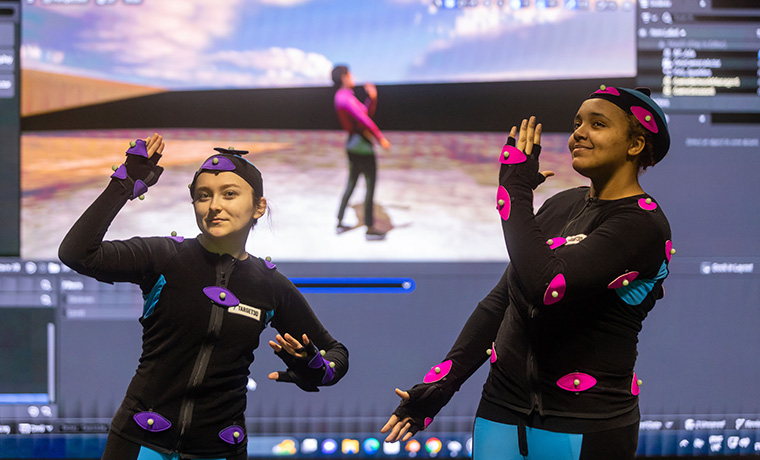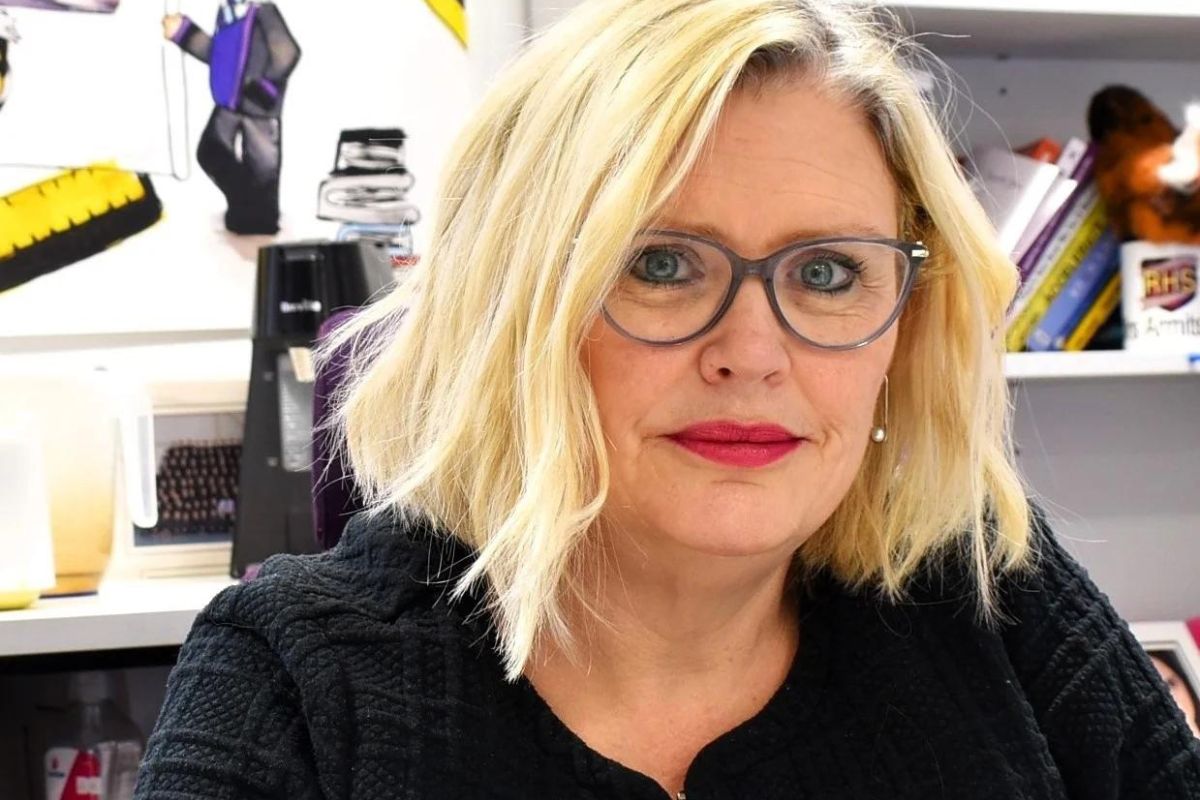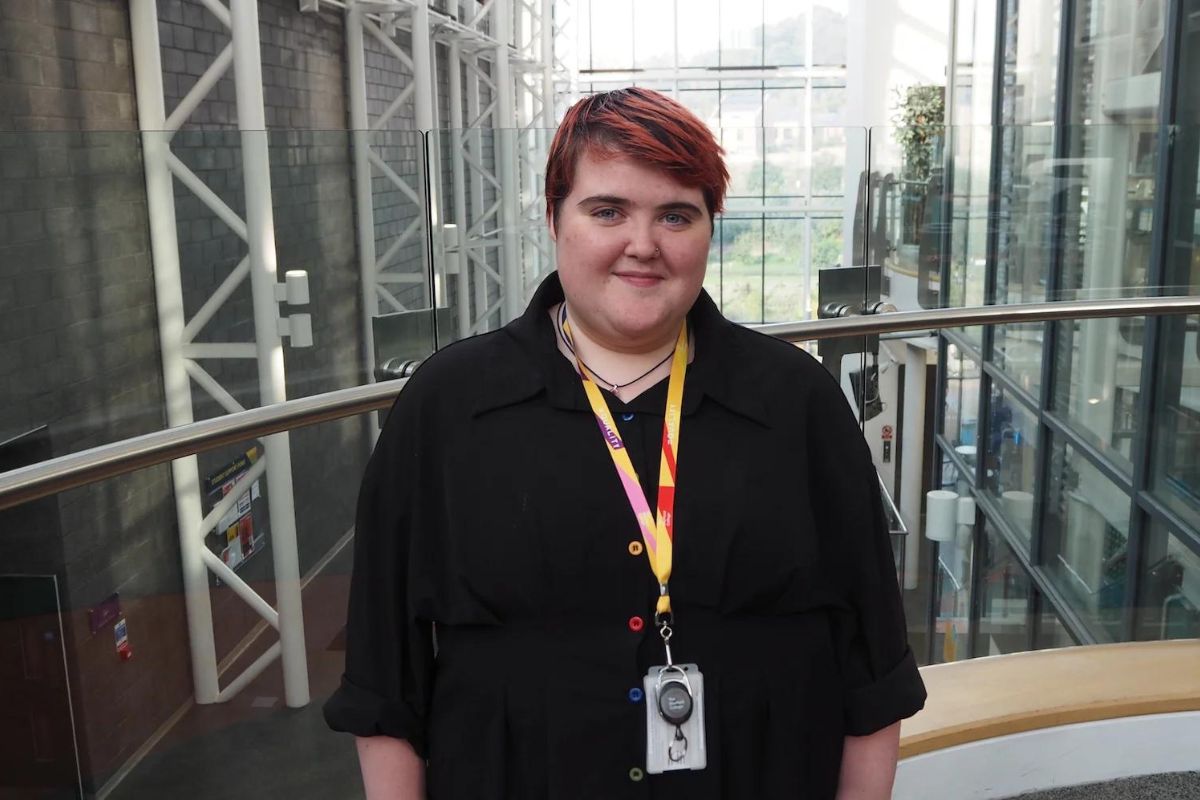How can VocTech improve numeracy in FE? | #VocTechFutures Episode 5

It’s number confidence week and numeracy in the UK has once more hit the headlines. In his autumn spending review last week Rishi Sunak announced £560m funding for a new numeracy project – Multiply. While full details of the new scheme have yet to be announced we understand that the programme will be focused on adults who don’t already have a maths GCSE grade C/4 or higher. The Multiply programme will include::
- Funding for local areas to deliver bespoke local adult numeracy programmes from April next year.
- Free maths courses – either in person or online
- A scheme for employers who need to boost their workforce’s maths skills
- A new digital platform for learning maths
This is all very welcome news. Numeracy is a key skill yet nearly a third of Brits say they struggle with everyday maths, while over a quarter say they have struggled to understand the numbers relating to the Covid-19 pandemic.
But we know that tackling numeracy is more subtle and complex than simply providing resources. Fear or lack of confidence in numbers can block people from taking first steps in improving their numeracy. And that’s an emotional issue.
Ben Perkins from National Numeracy explains that the emotional blocks to taking action can sometimes make a digital solution more effective than the classroom.
‘For many people with the lowest confidence, accessing traditional or classroom provision feels too big a step. Many people have had negative experiences learning maths at school and we often find that this shapes their feelings around maths into adulthood.’
Technology-based learning allows people to work in private in their own space and their own time. Low confidence learners often feel embarrassment or shame if they feel like they might, in their words, “look stupid” in front of other people. Learning digitally takes that fear away and enables people to take control of their own learning journey. That’s the heart of the National Numeracy Challenge.
Graham Baker often finds learners in his maths class at York College are held back by a similar lack of confidence. The hair and beauty students he teaches will need to use maths in the workplace but they arrive in the classroom thinking they have failed and maths is a subject they can’t do. What’s more they think that maths has no meaning because they can’t see when they would ever use it.
York College’s innovative solution is to make short contextualised TikTok style videos which are set in a salon and show the relevance of maths to a real workplace. These videos show real situations, such as stock taking and mixing products where mathematical concepts are being applied. The videos are short and can be shared and posted on students’ favoured channels – TikTok and You Tube.
So what are the design considerations for a technological solution that can only be successful if it tackles an emotional problem?
Ben Perkins suggests that you’ve got to really to be really specific about who you are targeting, learn about the barriers they face and listen to their needs. It’s very difficult to design a solution that suits every possible learner, so when decisions are made National Numeracy put the interests of those with the lowest confidence first.
Understanding what would motivate an adult start improving their maths is also key. For many, that impetus comes when they want to start helping their children with their school maths. For others it could be a recognition that lack of number confidence is holding them back.
For York College too, success meant understanding motivation..
Graham Baker says:
We understand our students, we know the barriers they face and we know what motivates them. They want to be employed and to practice the hair and beauty skills they are learning. Involving employers in the development of the videos was very important in order to make them authentic and show real situations. Demonstrating that maths has a real use helps maths ‘click’ with our students.
Ufi funds the National Numeracy Challenge and the TikTok maths project in development at York College.












Responses